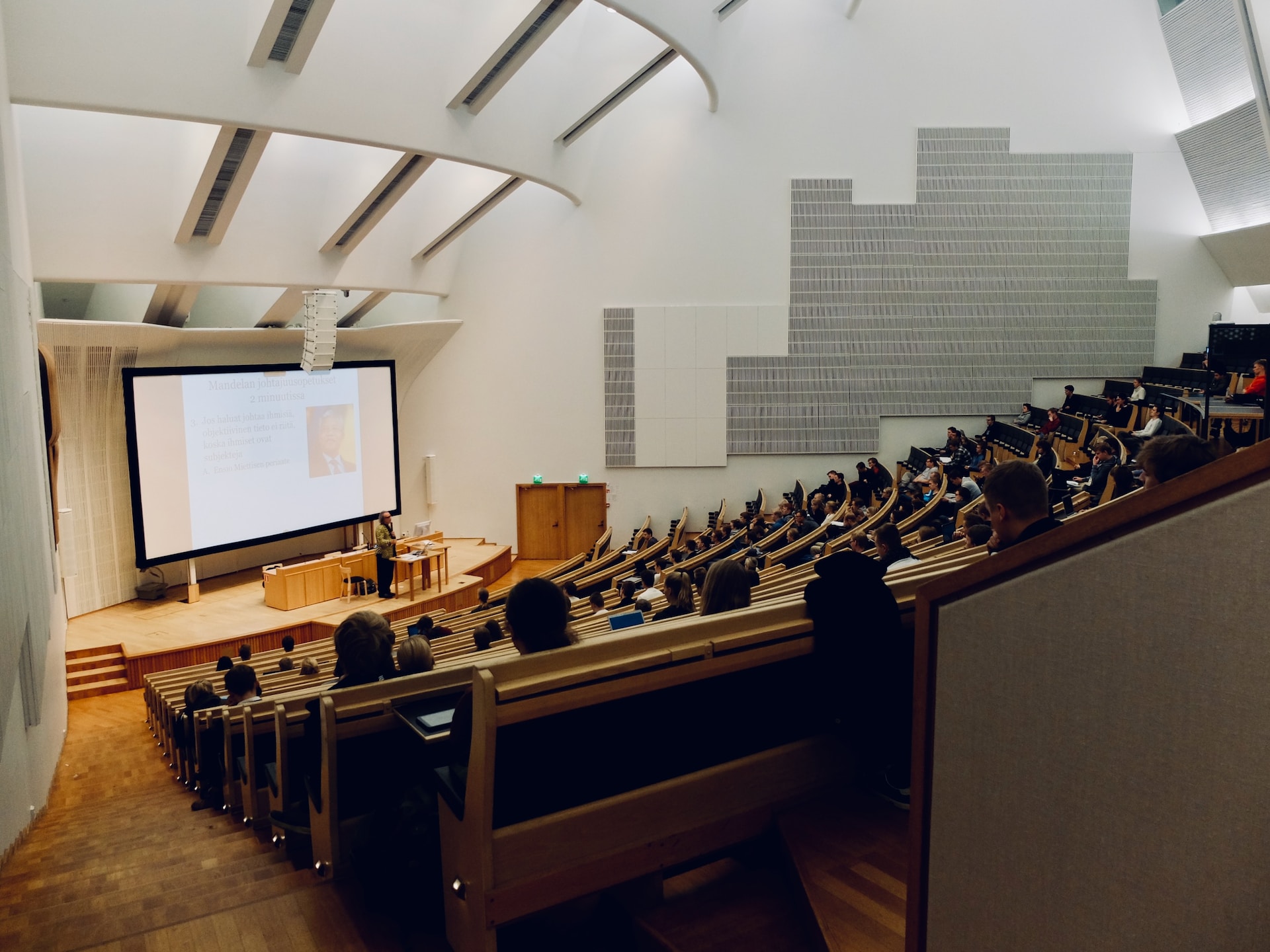10 - SUBLUS
Sustainable Bio-pavements for Low-emitting Urban Surfaces
Objectives
To develop alternative paving solutions for urban surfaces that make use of bio-binders and artificial aggregates produced from recycled waste powders. The novel binders are to be cold mixed and applied and derived from waste biomasses, including those taken from agriculture and seashore cleaning (Neptune grass and similar). Artificial aggregates can be obtained from the geopolymerization of precursor powders derived from Si-Al rich industrial/agricultural waste materials: outcomes of SAFERUP-HiFASP project will be a starting point.
- Task 10.1: identify the possible sources of waste biomasses and the most advanced synthesis techniques to derive bio-binders.
- Task 10.2: develop new low-emitting binding formulations made of organic waste material treated by Fenton process to stabilize and oxidize the recycled component and the cellulose fibres extracted and dissolved by green Ionic liquids.
- Task 10.3: prototypal scale up of the bio-binder production process and full laboratory rheological characterization. Alternative solutions to produce bio-concretes with poli-functional compounds including fibres and rejuvenators for reclaimed asphalt.
- Task 10.4: start from the state-of-the-art aggregates developed at UNIBO with the completed MSCA-ITN-SAFERUP project (HiFASP) and develop cold-cast or crushed artificial aggregates from geopolimerized waste powders and recycled sea sands.
- Task 10.5: full characterization of bio-concretes produced with alternative binders and artificial/recycled aggregates. Prototypal application in a real scale urban pavement. In situ assessment of the mechanical and durability performances.
- Task 10.6: laboratory and in situ evaluation of the emissions in atmosphere and on workers during construction and operation.
Expected Results
- Development of a production and testing protocol for a bio-binder from selected waste biomasses.
- Assessment of the bio-binder real scale production feasibility, also in the form of fibre-polymeric compounds containing cold rejuvenators for Reclaimed Asphalt Pavements.
- Validation of prototypal bio-phalt-concrete produced with bio-binder, artificial aggregates and recycled aggregates from Construction & Demolition wastes, including its physical, mechanical and low-emission characterization.
Host Institution
Alma Mater Studiorum University of Bologna UNIBO
Supervisors
Cesare Sangiorgi, Patrizia Tassinari, Daniele Torreggiani – UNIBO, Italy
Cesare Oliviero Rossi, Paolino Caputo – UNICAL, Italy
Loretta Venturini – ITERCHIMICA, Italy
Address
Alma Mater Studiorum University of Bologna UNIBO
Department of Civil, Chemical, Environmental, and Materials Engineering DICAM
Via U. Terracini 28, 40131 Bologna, Italy
Contacts
